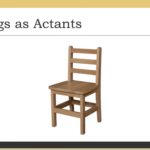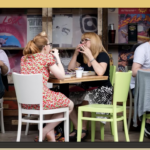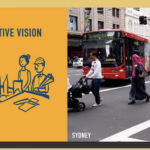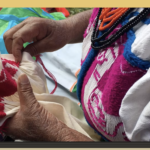
Intelligences
Little Dramas Everywhere: Using Ethnography to Anticipate the Future
Dhanabir Sharma • 0 Comments





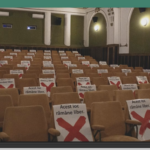
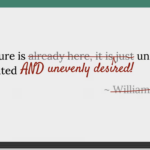

Adobe Inc. [s2If is_user_logged_in()] DOWNLOAD PDF [/s2If] [s2If current_user_can(access_s2member_level1)] [/s2If] Applied ethnography practitioners are often charged with learning from existing or potential customers, for a product that is either familiar to them or close in nature to what they have used before. There are particular challenges for emerging technologies, where the market is much less…



